Welcome to Punished Notes, Volume 37! For my latest edition, I talk about the mystery behind Avowed’s dialogue options, explore what it means when you say a game takes time to “get good,” and share yet another lightning round with a comment on… a book?!!?!? As always, thanks for reading!
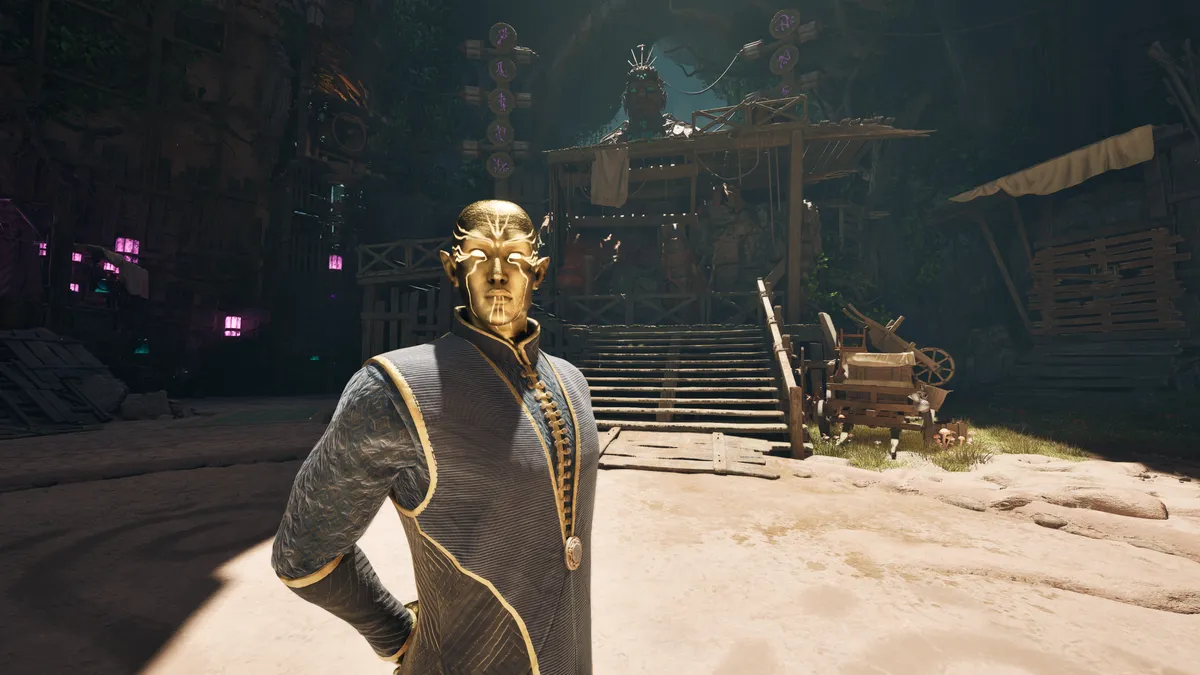
Avowed and the Mystery of Choice
I finally finished Obsidian’s latest effort Avowed recently, and it managed to stick the landing narratively better than I anticipated. My character ended up having what I would consider a “good” ending despite plenty of complicated choices—and gut-wrenching mistakes—along the way. What really stuck with me about the game, though, was how I reached the kind of narrative conclusion I wanted without ever directly knowing (or even accurately guessing) what outcomes my story choices would create.
Obviously, emergent dialogue options and “Sliding Doors“ moments serve as the bedrock of any good Western RPG, but what often separates the wheat from the chaff is the air of ambiguity surrounding those choices. Instead of offering the player “good” or “evil” pathways, Avowed makes every critical moment a trolley car problem, where you know innocent people will suffer no matter what you do. More importantly, though, you’re never quite sure about the details of such suffering or what the larger ramifications of even the smallest of choices will be.
Avowed is littered with fork-in-the-road scenarios, yet it’s rarely obvious which quests matter only in the moment and which ones are critical to the broader plot. In one particular instance, I thought killing two dangerous individuals in a moment of self-defense would have dangerous ripple effects later on, but no such consequences ever appeared. In another moment, a choice as simple as opting not to confront a group of soldiers I found in a cave (I assumed I’d be overmatched) led to an entire city burning to the ground. At no point did that possibility even occur to me, much less did the game signal heavily that it could happen.
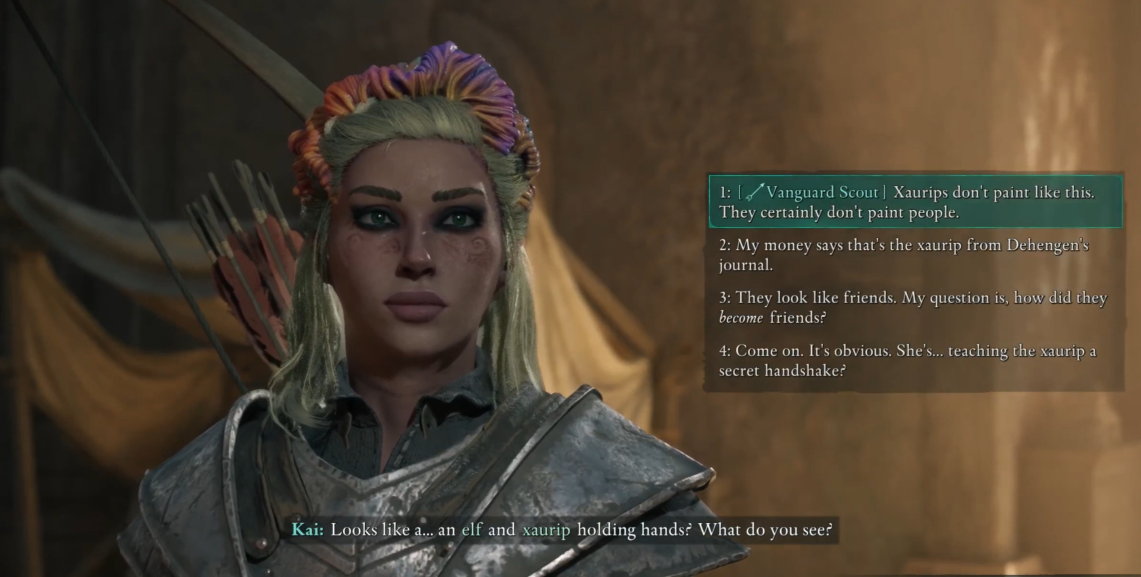
From this perspective, Avowed approaches hallowed ground inhabited by legendary RPG mainstays such as Baldur’s Gate 3 and The Witcher 3: Wild Hunt: role-playing experiences that prioritize ambiguous, spur-of-the-moment decision-making over giving players the clear means to achieve particularly desired endings. Such titles understand that—much like in real life—even the wisest or most noble pathways could cause negative externalities, and that moments that may seem catastrophic might fail to make waves entirely.
Don’t get me wrong: You can absolutely have a great RPG story where choice outcomes are clear as day before you make them. Fallout 3 asks you to choose whether to blow up a town, just to see if you feel like killing innocent people. The Mass Effect trilogy warns you ahead of time whether you’re making “paragon” or “renegade” choices. Still, I greatly appreciate Avowed’s approach to emergent narratives. It consistently kept me on my toes and forced me to have conviction in my actions, future be damned.
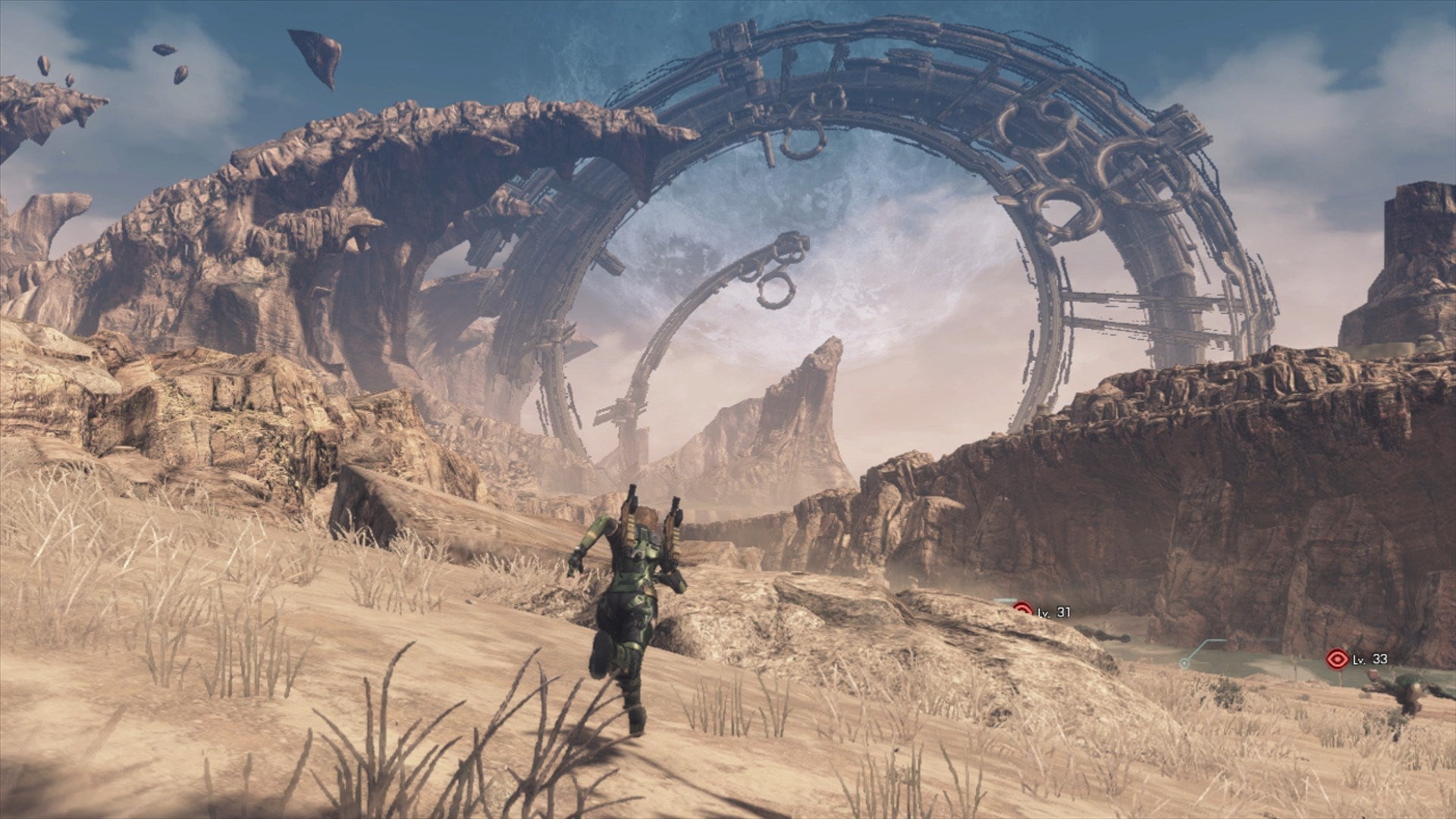
Xenoblade Chronicles X and Games “Getting Good” Later On
On a whim, I picked up Xenoblade Chronicles X: Definitive Edition on Switch, an expanded remaster of the 2015 Wii U game of the same name. This marks my first foray into Nintendo’s Xenoblade series, one I’ve avoided largely because the genre it belongs to—known for massive, 60-plus-hour RPGs with endless cutscenes and mountains of minutiae—has historically been hit-or-miss for me. However, some high praise for the refreshed version (in particular, some wise words from Gene Park about viewing the original as the precursor to The Legend of Zelda: Breath of the Wild) spurred me to give this one a shot.
After roughly a dozen hours of gameplay, I’ve concluded two things:
- XCX is pretty solid mechanically, with a fun (yet somewhat byzantine) combat system and excellent world traversal. Unfortunately, the early hours are punctured by too much exposition, as well as bizarre quest rules that bar you from main quests if you haven’t completed an Affinity Mission that you already started.
- I can tell this game really gets good after a while.
I want to focus on that second part for a bit, because people say this about games all the time, especially ones that are particularly time-consuming and systems-heavy. “Oh, just get through the first 20 to 30 hours, and then things really take off,” someone might say about an esoteric tactical RPG with the most incomprehensible plot imaginable. “It gets good about halfway through,” another might say about a game with an open world bigger than Brooklyn that constantly has random numbers appearing on-screen during combat and needs to be always online for some reason.
Such commentary may seem bizarre (and in a lot of ways, it is), but after playing the early stages of Xenoblade Chronicles X, I think I’ve figured out what people mean when they say this. It’s not that the early hours are necessarily bad or unfun or tedious; it’s just that it takes a while to get to the essence of what certain games are trying to present. The first few chapters are really about teaching the player about the world and the characters, as well as getting them acquainted with what could be a ton of potentially confusing battle mechanics and progression systems that only make sense after experimenting with them (and failing) for a while. Nobody making games is saving the best parts for later for no reason at all; they probably want to make sure you actually know what you’re doing when you get to the Good Stuff.
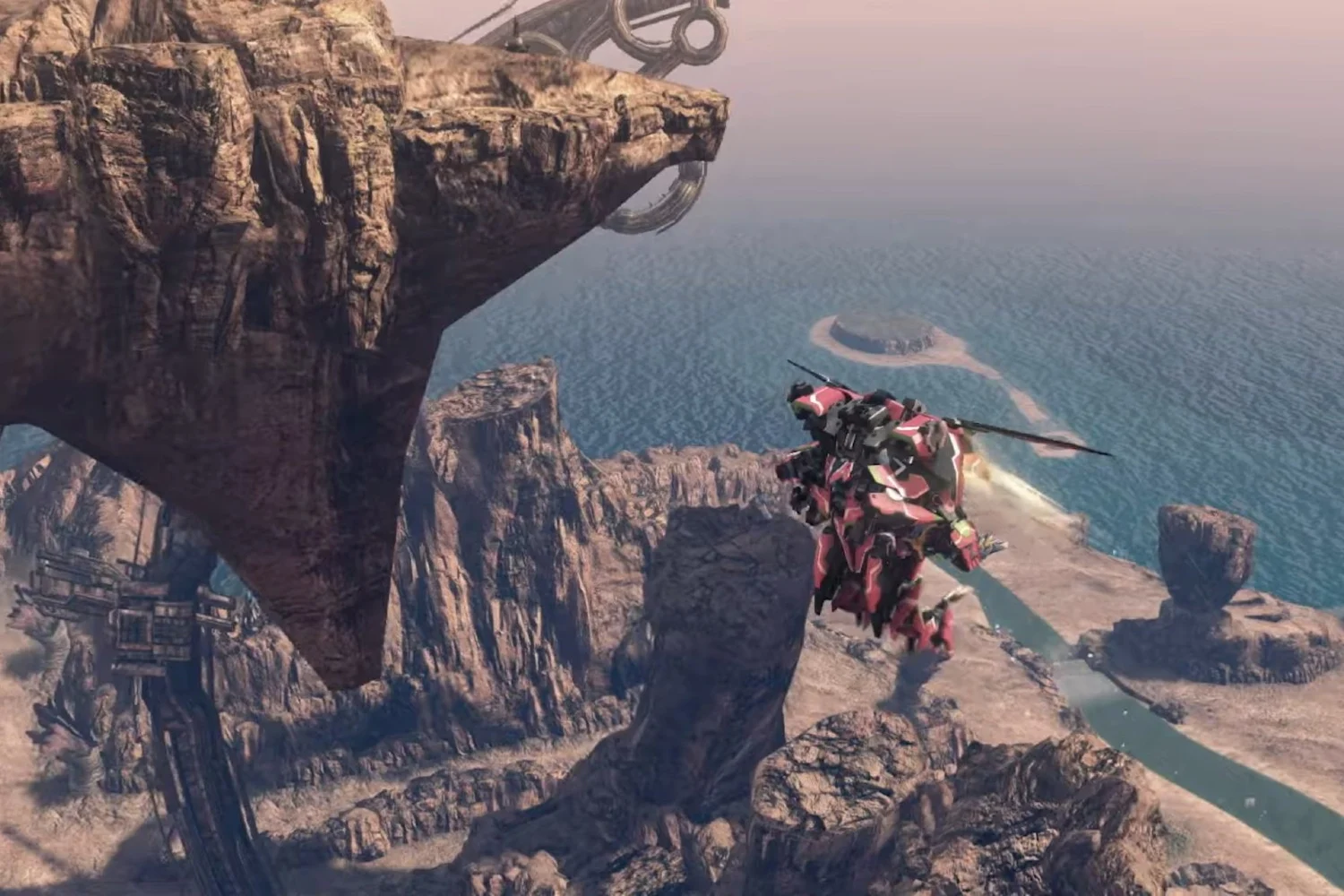
The average Dragon Quest “gets good” after 15 to 20 hours, in part because that’s when you get access to a ship, opening the world up for further exploration, but also because at that point you fully understand how everything else works. The Witcher 3 “gets good” after about 20 hours, mostly because that’s when you’ll likely reach the incredible city of Novigrad, but also because at that point you’ve gotten used to consulting the Bestiary for monster contracts or applying oil to your swords before major battles. Starfield absolutely hits its stride after about 30 hours, at which point the player has already determined what kinds of quests they want to do and what skills they intend to utilize.
Nobody making games is saving the best parts for later for no reason at all; they probably want to make sure you actually know what you’re doing when you get to the Good Stuff.
I already know I’ll get to pilot a mech (known as a “skell”) in Xenoblade Chronicles X after maybe 20 to 25 hours, but honestly? I think the game makes you wait that long just so you can better understand the combat, world traversal mechanics, quest system, and general vibes before giving you a powerful tool that makes everything much quicker and easier (and, seemingly, way more badass).
Any super-long game with tons of random numbers appearing on-screen may be a tough sell for a lot of people, and telling them the experience actually hits the right spots after the equivalent of two full seasons of a prestige TV show might fail to convince people of anything. Still, I’ve mostly enjoyed what I’ve played so far (most of my gripes are with the bizarre user interface), and there are enough glimpses of what could be that I remain interested in the broader experience.

LIGHTNING ROUND!!!!!!!!!!!!!!!!!!!!!!!!!!!!!!!!!!!!!
- Nintendo adding Mario’s Picross to Nintendo Switch Online was an incredible boon for me, as I’ve never played a game in this series before and it RULES. Seriously, I never realized I would get so addicted to a Sudoku-like puzzle game from over 30 years ago.
- I tried a bit of indie roguelike 33 Immortals, which is in early access, and I like a lot about it in concept: 33 players enter a world at once, get split into teams of up to six, and try to take on hordes of enemies using a variety of solo and team skills. While I haven’t made it particularly far in the game yet, I admire the team-based concepts (you will certainly fail early if you go it alone) and can see something special brewing here. The actual combat, as it stands, isn’t especially engaging, though. Again, it’s in early access, so we’ll see where the game ends up in the future.
- After playing a good chunk of it, I’m still unsure entirely how I feel about Mossmouth’s UFO 50. It’s a wildly ambitious and impressive concept: a collection of 50 retro-inspired games meant to tell a story about a fake old game company called UFO Soft. As a whole, I’m amazed by it. There’s tons of variety in one package, and some of the games have a surprising level of mechanical depth. Still, I don’t think any of the actual games are especially compelling on their own; I’ve tried about 40 of them, and only a few have really stuck with me at all. It’s a good thing I didn’t have to give this one a score, as I’m not sure where I’d land.
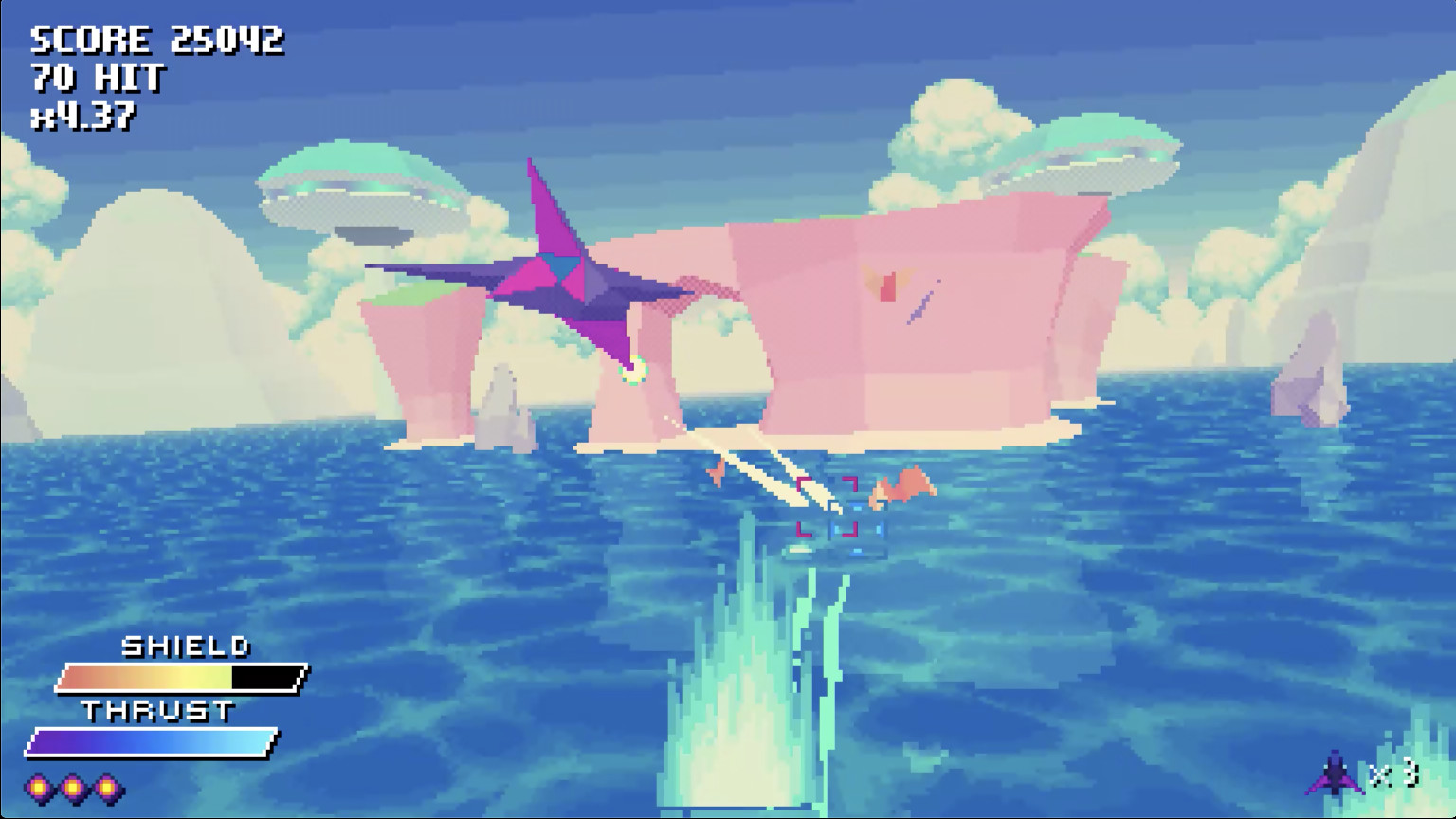
- That said, another indie delight I wanted to mention again (which I highlighted on our retro games episode of The Punished Podcast) is Pixeljam’s early access title Ex-Zodiac, a vibrantly colorful and fast-paced 3D rail shooter inspired by early Star Fox and Space Harrier games. There’s only a handful of levels to play at this time (it is in early access, after all), but what’s there reminds me of the best Star Fox ever had to offer, plus some truly inspiring art direction that focuses on a completely different set of hues for each level.
- I’ve had the itch to get back into Starfield for probably six months now, but I can’t stop picking up other massive RPGs that fill up my free time. Will I ever get back into it, or is it cursed to always be “the one I’ll go back to” but never do?
- I recently read Tomorrow, and Tomorrow, and Tomorrow by Gabrielle Zevin, an incredible novel about friends who build games together and the tumultuous lives that surround all of the great work they did together. It’s not really a book about games per se—it’s really more about trauma, artistry, and the potential pitfalls of working with friends—but I’d highly recommend it to anyone with a love and passion for gaming.
Sam has been playing video games since his earliest years and has been writing about them since 2016. He’s a big fan of Nintendo games and complaining about The Last of Us Part II. You either agree wholeheartedly with his opinions or despise them. There is no in between.
A lifelong New Yorker, Sam views gaming as far more than a silly little pastime, and hopes though critical analysis and in-depth reviews to better understand the medium's artistic merit.
Twitter: @sam_martinelli.


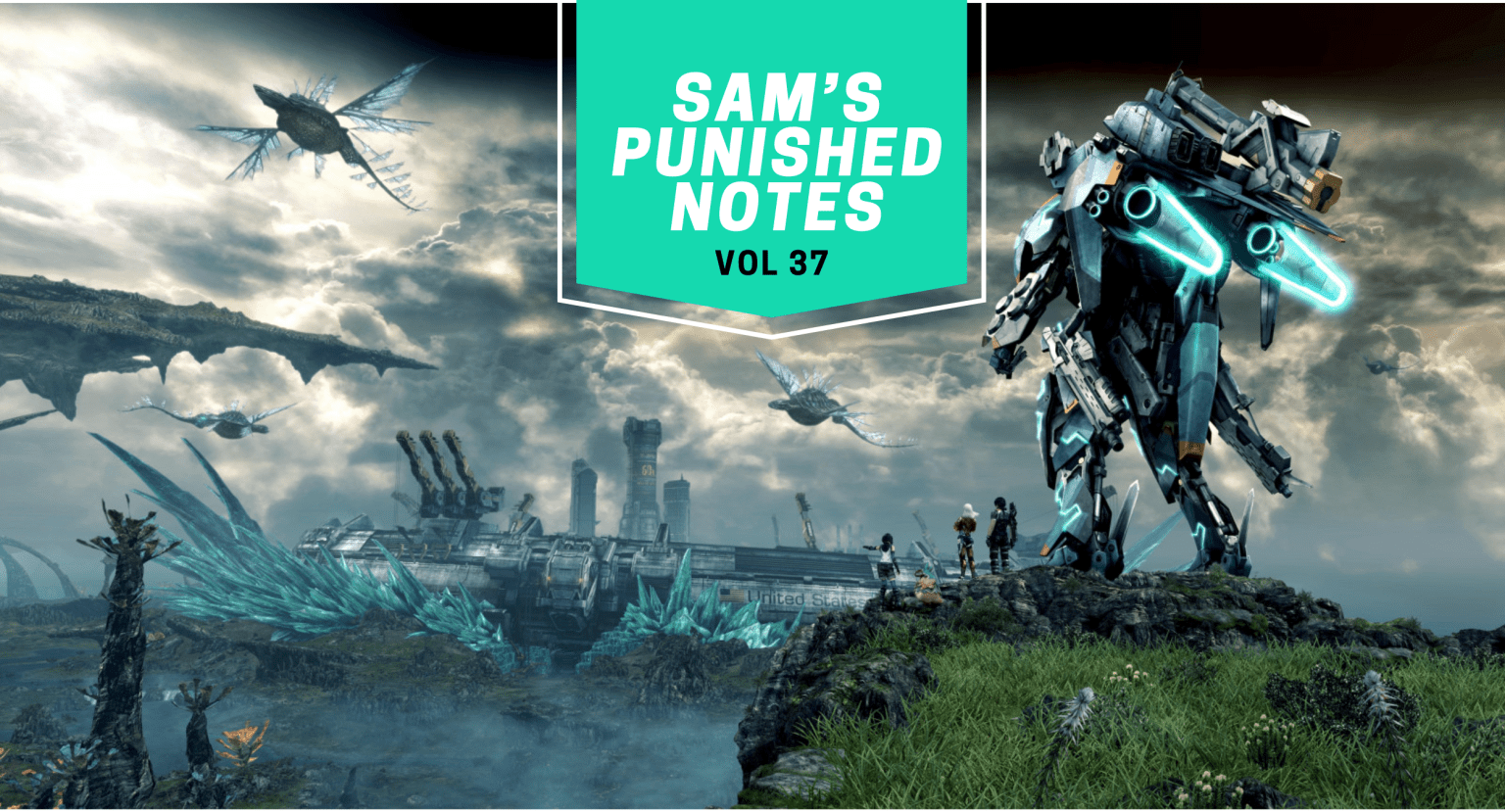





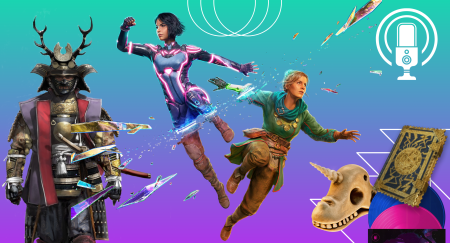
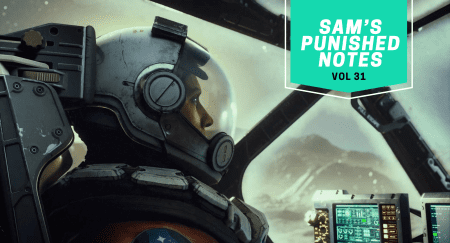
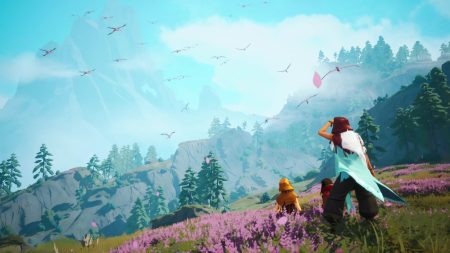
Immediate reaction: Yes!! Xenoblade Chronicles X love.
Follow-up reaction: No!! UFO 50’s good bro, truuuuust me. “Gets good” like 80 hours in.
Jokes aside, great read, friend.